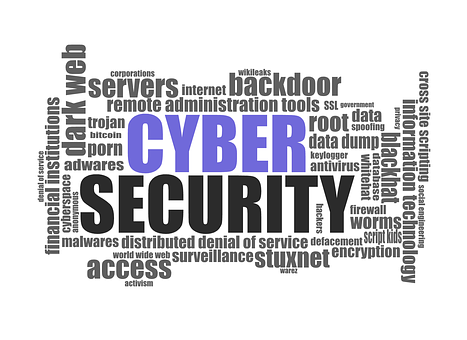Challenges in the Healthcare IT Industry
Challenges are a part of everyone’s life and the healthcare being a booming sector too has some of the IT challenges. The challenges sometimes tend to happen from the smallest of the things to the biggest of the things which at any cost should not be avoided.
It could be coming from anywhere like the constantly changing demands, technological advancements, government policies, etc. So, some of the IT challenges in the healthcare industry are:
- Digitization:
Numerous healthcare organizations find it difficult to keep in pace with the digitization in spite of it being the present today. They do not seem to fathom the importance of having the digital medical records over manual records. Apart from the electronic medical records, the equipments being used in the healthcare industry are also digitized.
Digitization has made the complex surgeries very simple. It is saving a lot of lives, and helping medical practitioners in a way unimaginable. The surgeries which required prolonged hours are being done forthwith in little time (like the laser treatment for eye).
This way it is very necessary for the medical sectors to face the digitization challenge, adopt it and be with the times.
- Mobile Healthcare:
Mobile Healthcare is a major IT challenge for the healthcare organizations. Also referred to as m-Health or mHealth, it is defined as the practice of medicine and public healthcare via the usage of mobile devices.
It could be for knowing/ collecting/ medical data, monitoring of signs, or for diagnosis of patients. And as everything is available now fingertips, patients expect medical practitioners cure them quickly.
Some of the applications used by the patients are unencrypted. So, the data can be sent to the advertisers without any knowledge of the user. Personal information like name, date of birth, location, email address, medical information, etc would be revealed.
- Information Leaking:
According to 1996 Act, Health Insurance Portability and Accountability Act (HIPAA), the Secretary of the U.S. Department of Health and Human Services (HHS) had to develop regulations for safeguarding the privacy and security of particular health information.
The healthcare organization must have backup of data, recovery of disaster and emergency-mode operations planning. They shall have to protect electronic protected Health Information (ePHI) or have to face penalties.
Often companies have to hire outsiders for services like billing and legal services. So, the sharing of information with outsiders becomes a serious IT challenge. Because if there is any violation (leaking of information), the company cannot sue them.
- Increase cost of IT Projects:
Government orders have placed modern demands on a provider’s IT organizations. Healthcare organizations must have the good systems in place to guarantee HIPAA compliance and match with the novel health insurance exchanges. Additionally, rising energy costs are putting pressure on providers to lessen their infrastructure footprint.
Taking into consideration all these challenges, healthcare providers must now decide how best to administer their critical IT infrastructure. Increasingly, healthcare organizations are turning to a colocation model instead of spending valuable resources building, staffing and maintaining their own data centers.


